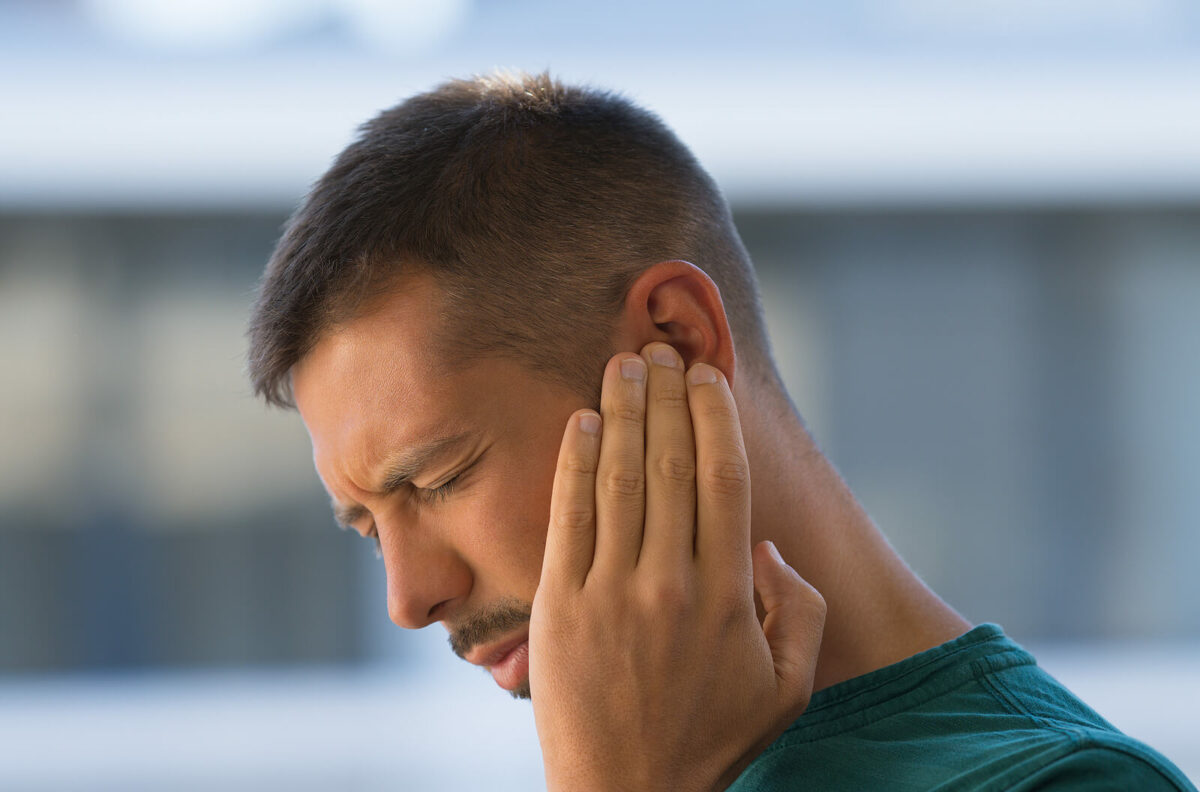Ototoxicity is a word you might not have encountered often, but it holds significant importance in the realm of hearing health. It refers to the potentially harmful effects of certain medications and chemicals on your auditory system, particularly the inner ear and the vestibulocochlear nerve. These substances can damage the sensitive structures responsible for hearing and balance, potentially leading to hearing loss and other related issues. Let’s delve into the world of ototoxicity, exploring what it is, common culprits, and most importantly, how to safeguard your hearing from its potential consequences.
Understanding Ototoxicity
So what is ototoxicity? “Oto” pertains to the ear, and “toxicity” indicates the harmful effects of substances on the body. Ototoxicity, therefore, refers to the harmful impact of certain substances on the inner ear and the vestibulocochlear nerve, which connects the inner ear to the brain.
The inner ear houses delicate hair cells responsible for translating sound vibrations into electrical signals that the brain interprets as sound. Additionally, the inner ear plays a vital role in balance and spatial orientation. When ototoxic substances interfere with these structures, they can disrupt hearing and balance functions.
Common Ototoxic Substances
Numerous medications and chemicals have been identified as potential contributors to ototoxicity. Here are some of the most common offenders:
- Aminoglycoside Antibiotics: These antibiotics are often used to treat severe bacterial infections but are notorious for their ototoxic effects. They can damage the hair cells in the inner ear, leading to hearing loss.
- Loop Diuretics: Medications like furosemide, commonly prescribed to manage conditions like hypertension or edema, can disrupt the balance of fluids in the inner ear, potentially resulting in hearing impairment.
- Non-Steroidal Anti-Inflammatory Drugs (NSAIDs): Some NSAIDs, particularly when used in high doses over extended periods, have been associated with ototoxic effects. This category includes well-known pain relievers like ibuprofen.
- Chemotherapy Drugs: Certain chemotherapy medications, such as cisplatin, are known to cause hearing loss and balance issues as side effects.
- Solvents and Chemicals: Exposure to chemicals like toluene, styrene, or xylene, often encountered in industrial or recreational settings, can pose a risk to hearing health.
- Heavy Metals: Metals like lead and mercury, found in various industrial environments, can contribute to ototoxicity.
Safeguarding Your Hearing
Now that we’ve identified potential threats, let’s explore proactive measures you can take to protect your hearing from ototoxic substances. Communicating with healthcare providers is key. Maintain open and honest communication with your healthcare provider regarding your medical history, current medications, and any concerns about ototoxicity. They can help choose the most appropriate treatment options while monitoring for any signs of hearing loss.
If your healthcare provider prescribes a potentially ototoxic medication, inquire about alternative options that may be less harmful to your hearing. Dosage adjustments or periodic hearing assessments can also be considered.
Finally, consider lifestyle factors that can contribute to hearing health. Avoid excessive noise exposure, maintain a balanced diet rich in essential nutrients, stay hydrated, and get regular exercise, as a healthy lifestyle can support overall hearing health.
Hearing Protection
Always take protective measures if you’re concerned about your hearing health. In environments where exposure to harmful chemicals is a possibility, wear appropriate protective gear. This simple precaution can go a long way in safeguarding your hearing.
In situations where loud noises are unavoidable, such as concerts or industrial settings, use proper hearing protection. High-quality earplugs or noise-canceling earmuffs can significantly reduce the risk of hearing damage.
Regular Hearing Checkups
If you have concerns about ototoxicity or are taking medications known to be ototoxic, consult an audiologist. They can assess your hearing, provide guidance, and recommend personalized strategies to protect your hearing.
Routine hearing checkups are vital for detecting any changes in your hearing health early on. This allows for prompt intervention and mitigates the risk of irreversible damage. Be vigilant about any changes in your hearing, such as ringing in the ears (tinnitus), dizziness, or difficulty hearing. These may be early warning signs of ototoxicity, and prompt action can make a significant difference.
Knowledge is Power
Ototoxicity may not be a term you often encounter, but its potential effects on your hearing are significant. Understanding this concept and the substances that can contribute to it empowers you to take control of your hearing health. By being informed, communicating with healthcare providers, and taking proactive measures, you can shield your hearing from the harmful effects of ototoxic substances.

